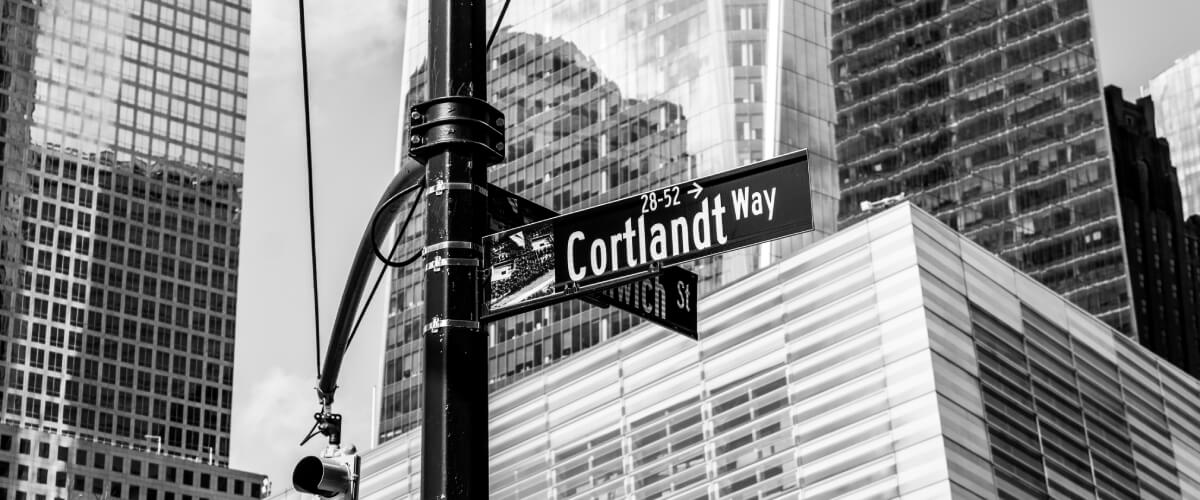Misleading Addresses - Navigating the World’s Most Confusing Streets

Navigating to a specific address should be straightforward, but in some places around the world, addresses can be baffling, leading to mix-ups and frustration. This article explores some of the most misleading addresses globally, examining why they confuse people and how locals manage to find their way.
The Lost Art of Map Reading
Long before the digital age, travelers relied on printed maps and compasses to find their way. Learning to read a map is not only about understanding symbols and scales but also about developing a deeper connection with the geographical layout of places. Address puzzles that require map-reading skills can help revive these almost forgotten abilities, providing a fun way for people of all ages to improve their spatial thinking and geographical understanding.
Verbal Directions Challenge
One intriguing address puzzle involves using only verbal directions to reach a destination. Participants are given a set of instructions, such as "Take the second left after the red post office, then look for a blue house with a large oak tree in front." This type of puzzle tests one’s ability to visualize and remember details without the real-time feedback provided by digital devices.
Historical Navigation Techniques
Another fascinating aspect of address puzzles is the use of historical navigation methods. For instance, before the widespread use of street names and numbers, travelers often navigated by landmarks and stars. Creating puzzles that require using these ancient techniques can be both educational and engaging, linking participants with the navigational history of their ancestors.
Scavenger Hunts
Organizing scavenger hunts based on address clues is a great way to create interactive puzzles. Participants could be given a list of historical or cultural sites within a city, with clues or riddles leading from one location to another. Not only does this encourage physical activity, but it also enhances participants' knowledge of their local environment.
The Role of Local Knowledge
Local knowledge puzzles require understanding subtle cues within a community or environment that might not be obvious to outsiders. These might involve finding locations based on local nicknames for areas, historical events, or culturally specific references. Such puzzles can help deepen one’s appreciation for local culture and history while providing a challenging navigation task.
Digital Detox Challenges
In today's hyper-connected world, a digital detox challenge that involves navigating without any electronic devices can be refreshing. These challenges encourage participants to disconnect from their phones and tablets, relying instead on physical interaction and observation to find their way around. It can be a transformative experience that also helps improve one’s attention to the environment.
Conclusion
Navigating without GPS using address puzzles offers a unique blend of challenge, education, and fun, rekindling essential skills that have been overshadowed by technological advancements. These activities not only enhance directional skills but also encourage a more profound engagement with the physical world. Whether through historical techniques, scavenger hunts, or local knowledge, address puzzles provide an exciting way to explore and appreciate the complexity and beauty of our environments without relying on digital aids.